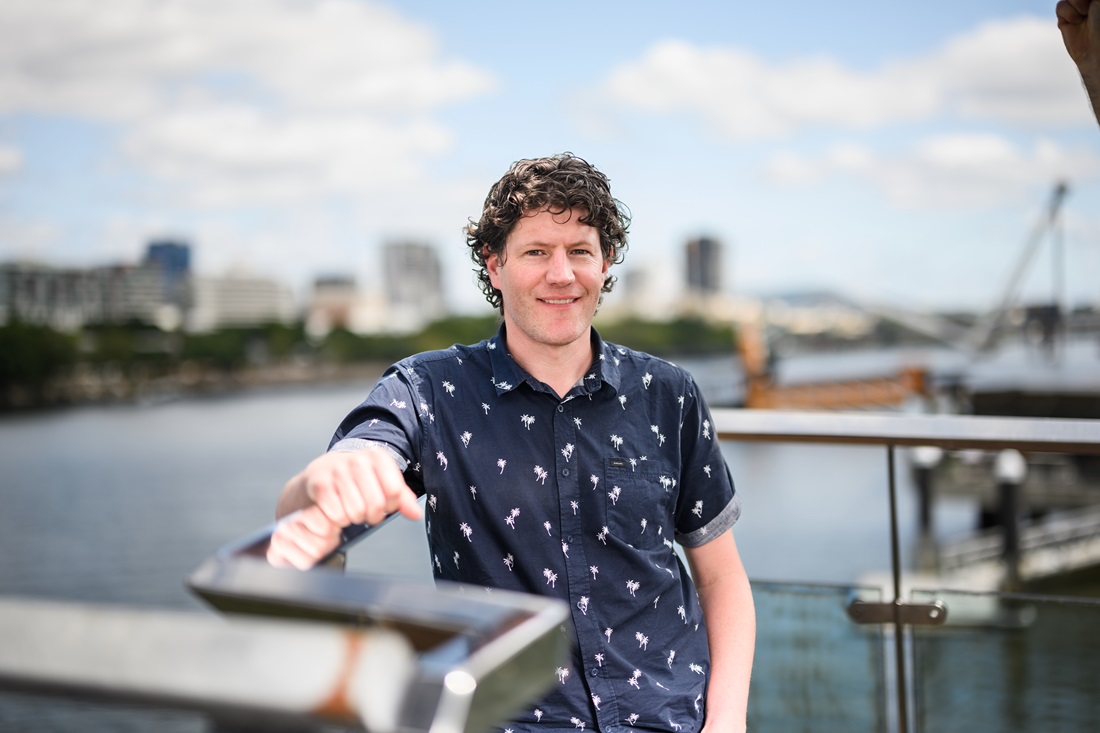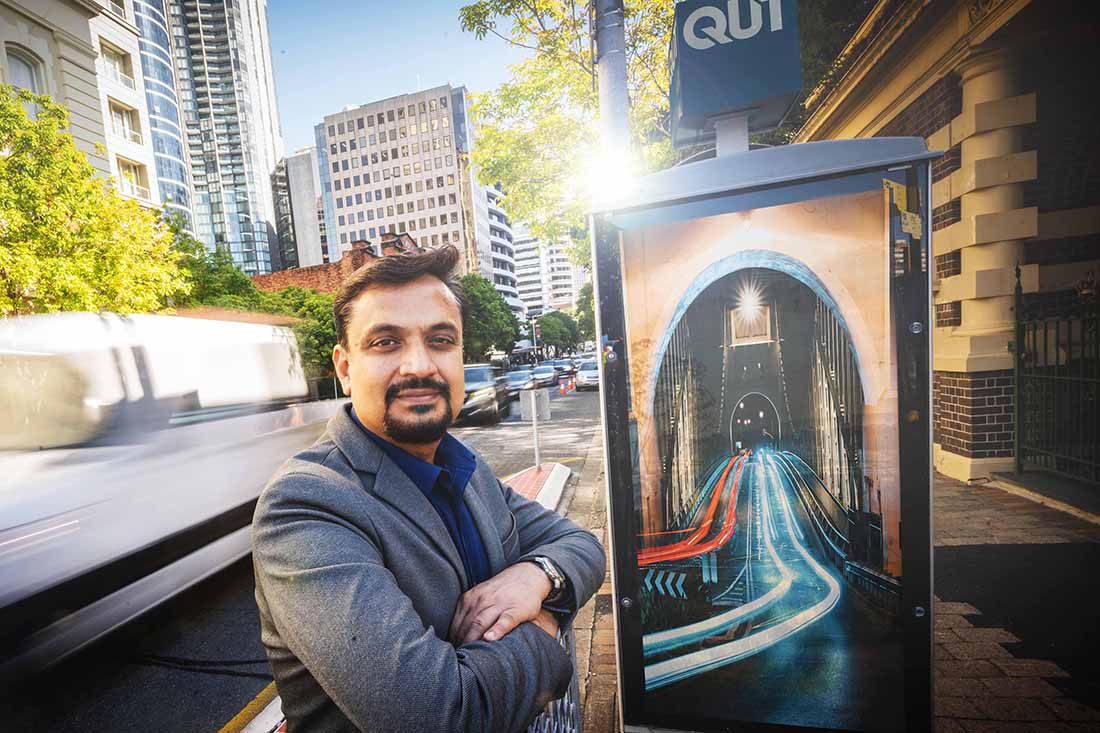Engineering with a sustainability lens
'The Master of Sustainable Infrastructure is a unique opportunity for those who have a passion within transport, buildings, water and gas systems to upskill, change career paths, or simply be introduced into the field of sustainable infrastructure.'
Professor and Chair in Sustainable Urban Water Management
Build sustainable cities
'At QUT, we will prepare you to be a leader in a key period of industry growth to lead complex, sustainable projects across transport, water and infrastructure. It’s an exciting time leading into the Brisbane 2032 Olympic Games as we progress a nine-year pipeline of new infrastructure projects. Gain skills in urban planning, smart transport, water modelling and more to lead projects that will create a meaningful impact on our cities for decades to come.'
Water engineer and Executive Dean, Faculty of Engineering
Learn from transport engineers
'Today's engineers need to build structures and systems that have a very low environmental impact. In this course, you’ll learn to develop safe, efficient, resilient and environmentally sustainable infrastructure solutions for the next generation.’


